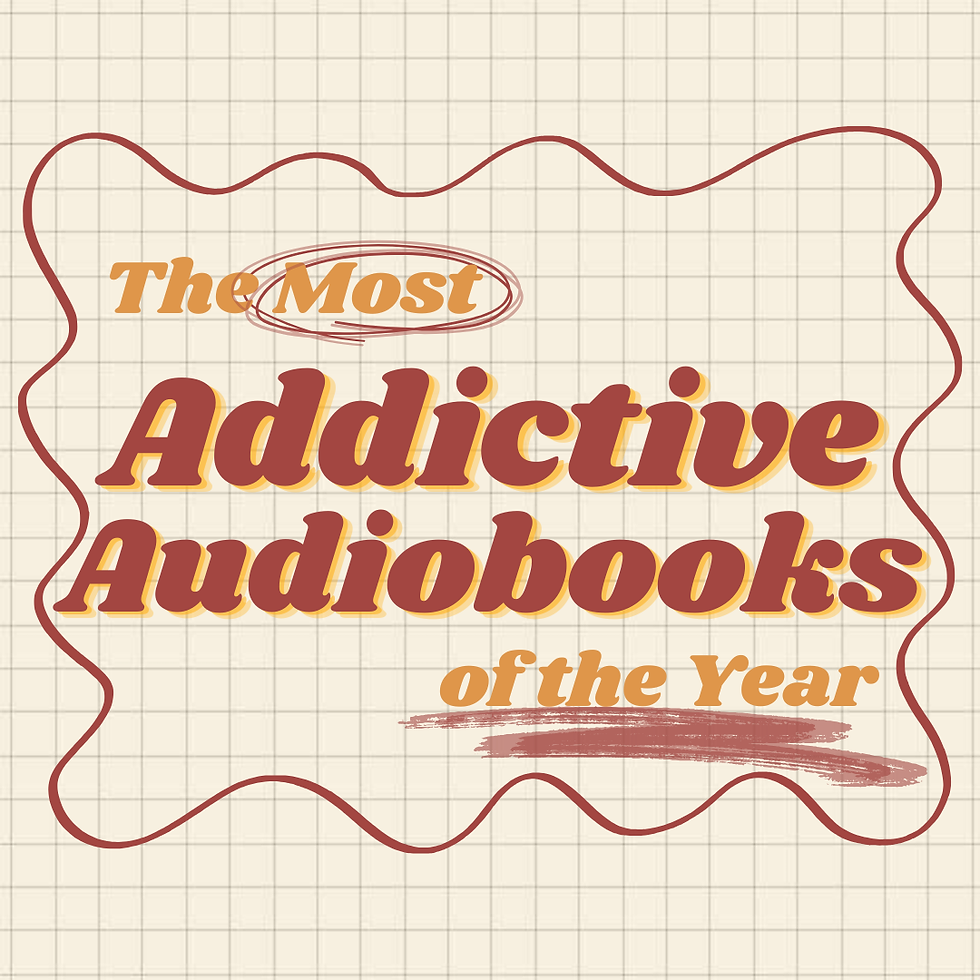Examining the Legacy and Future of Reproductive Rights Through the Lens of Contemporary Written Pros
- The Publishing Post

- Aug 3, 2022
- 6 min read
By Elizabeth Oladoyin
Want to read more?
Subscribe to thepublishingpost.com to keep reading this exclusive post.








